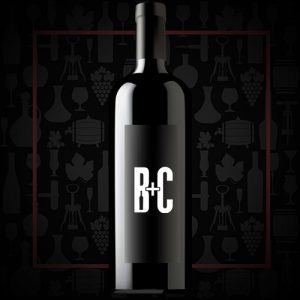Cellar Profile
Antonio Lopes Ribiero and Sara Dionisio left their steady jobs in the art world in Lisbon and moved back to Mouraz, Antonio’s birthplace where his family has had vineyards for many generations. The land had been farmed organically before, and that’s how Sara and Antonio wished to continue. Making wine in their tiny winery, adjacent to the local village church and just a stone’s throw away from the house Antonio was born in, they have deep generational ties to their village, Mouraz, and its terroir. In the cellar, there is a marriage of old and traditional, with modern approaches. Gentle pressings, natural yeast starters, long lees contact in the wine and minimal handling are the time-honored practices. Stainless steel tanks with temperature control and pneumatic presses represent the modern improvements. The results are clear: fresh and pleasurable wines with pure expressions of the older grape vines from which they were sourced and distinct transparency to the terroir they have grown up on.
Region
Perhaps surprisingly, only 5% of the Dão is under vine. Often planted in forest clearings and surrounded by mountains on three sides, the high elevations and relatively low temperatures here create a slower ripening process, resulting in wines of great acidic character. The region takes its name from the river, along which most of the vineyards are planted.
Vineyard
Grapes are picked from various vineyards upwards of 50 years old, between 100-400 meters in altitude.
Varieties
This is a quintessential Portuguese ‘field blend’ of up to 20 different grape varieties, the breakdown of which can change from year to year. Throughout the Old World, you’ll find vineyards planted with a scattershot of grape varieties, often with no record outlining what is where. Modern vineyards are almost always planted strategically in variety plots based on a number of factors. Grapes from field blends are usually picked together and co-fermented, a further point of difference from today’s practice of separate pick dates and fermentations.
Winemaking
The winemaking was done with red and white grapes mixed. Following a gentle foot crush on day one, the juice went through a natural fermentation with no added yeast. After fermentation, the wine was pressed and aged in stainless steel for one year.
Tasting Notes
Made in a very traditional way, this field blend is full of rustic character and intrigue. Wild berries, dried flowers and a savoury peppery note intermingle beautifully with bright acids and moderate tannins. The palate is mid-weight and full of verve and energy. A unique and compelling wine from one of Portugal’s leaders in organic/natural/sustainability.

 info@buyersandcellars.ca
www.buyersandcellars.ca
info@buyersandcellars.ca
www.buyersandcellars.ca